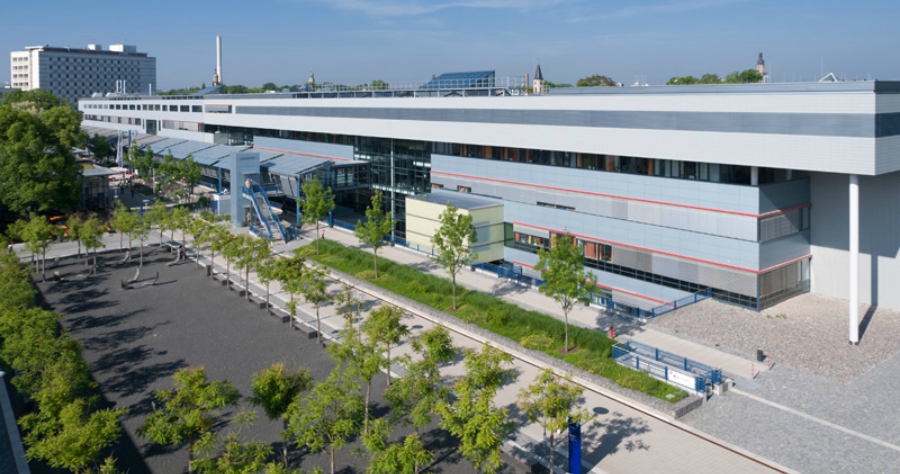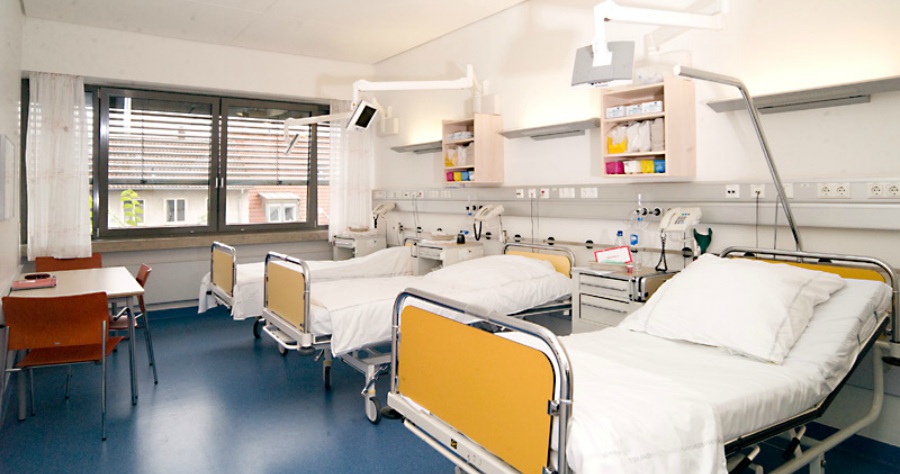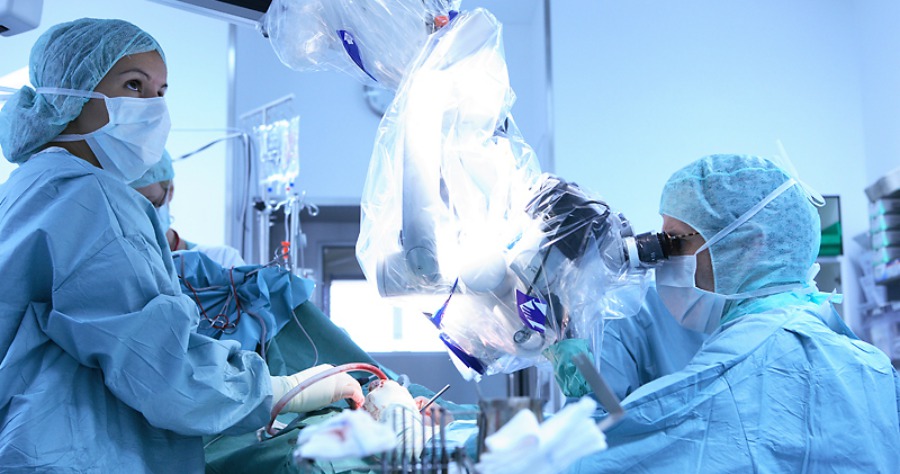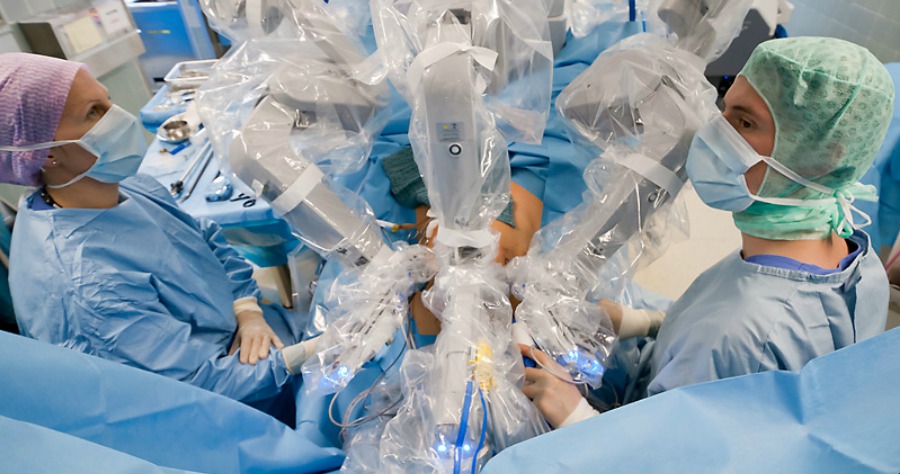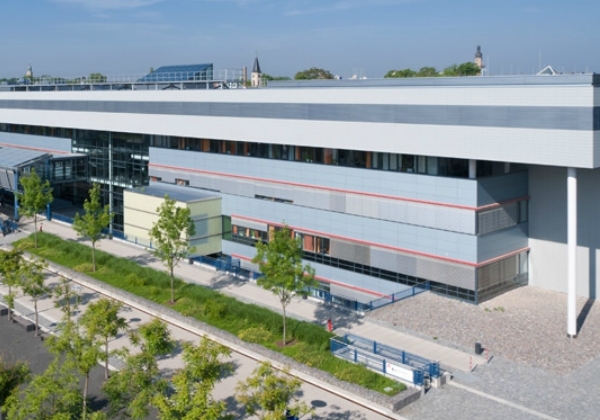University Hospital Erlangen
![]() Erlangen, Germany
Erlangen, Germany
Conservative treatment of Endocarditis
- Initial consultation with the doctor
- clinical examination
- cardiological examination
- review of medical records
- laboratory tests:
- complete blood count
- biochemical analysis of blood
- electrolyte levels
- kidney function test
- blood urea nitrogen (BUN) level
- creatinine level
- liver function test
- thyroid function test
- lipid profile
- hormonal analysis
- blood culture
- cardiac biomarkers
- lactate dehydrogenase isozymes
- troponin
- creatine kinase
- ck-MB
- hemoglobin concentration
- blood glucose levels and HbA1c
- coagulation studies
- arterial blood gas measurement
- general urine analysis
- urinary albumin-to-creatinine ratio
- ECG
- chest X-ray
- perfusion scanning (if indicated)
- MRI of the chest (if indicated)
- transesophageal echocardiography (TEE)
- CT angiography (if indicated)
- nursing services
- consultation with cardiologist
- consultation with other related specialists
- supportive treatment
- cost of medicines
- explanation of an individual treatment plan
- written prescription
Department of Cardiology and Angiology
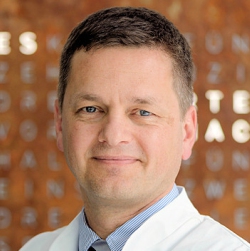
Head of the Department
Prof. Dr. Stephan Achenbach
Department of Cardiology and Angiology at University Hospital Erlangen provides care for patients with diseases of the cardiovascular system. The department certified by the DIN SIO 9001:2015 and is also recognized as a Chest Pain Unit, a Heart Failure Center, and an...
Read MoreAbout University Hospital Erlangen
University Hospital Erlangen is recognized as one of the best medical institutions in Germany according to FOCUS Magazine. The hospital is a pioneer in Bavaria and it provides medical care of top-notch quality where the clinical approaches, research activities and student training are all intertwined. The hospital is internationally known for its great reputation and rich history of achievements ever since it was established in 1815. The hospital is composed of 25 departments, 41 centers, and 7 institutions with 1394 beds where nearly 65,000 inpatients are treated by specialists and qualified nursing staff every year. It also offers its service on an outpatient basis where over 526,800 outpatients receive medical care annually.
One of the main focuses of the hospital is oncology. Due to the department's achievements and efforts in the field, it has been presented as one of the 13 centers of excellence which are certified by the German Cancer Society, the Comprehensive Cancer Center Erlangen. The hospital also specialized in the field of Transplantology where high medical care is offered for the transplantation of heart, liver, kidney, pancreas, bone marrow and cornea. The hospital is fully equipped with state-of-the-art diagnostics and therapeutics as well as equipment of minimally invasive procedures. Surgical technologies such as the da Vinci surgical system is used by the specialized surgeons of each department in University Hospital Erlangen to provide patients with the best possible treatment.

